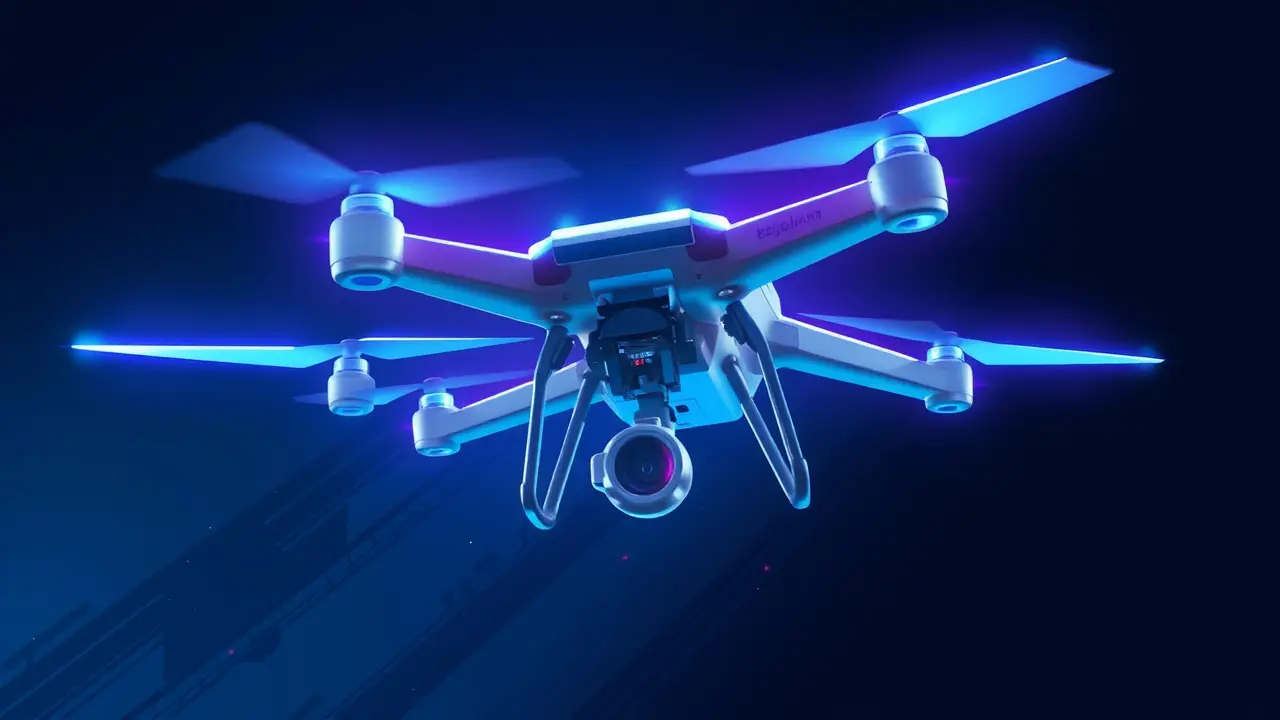
Politicsconflict & defenseMilitary Operations
UK to assist Belgium in defense against Russian drones.
RO
Robert Hayes
11 hours ago7 min read2 comments
In a significant development for European security architecture, the United Kingdom has formally committed to bolstering Belgium's defensive capabilities against the escalating threat of Russian unmanned aerial systems. This strategic move, confirmed by Sir Richard Knighton, the UK's senior military chief, came at the direct request of his Belgian counterpart earlier this week.The assistance, comprising both specialized UK personnel and sophisticated electronic warfare equipment, signals a deepening of bilateral defense ties beyond the foundational structures of NATO. This is not merely a reactive measure to a single incident; it is a calculated response to a sustained campaign of hybrid warfare, where Russian-origin drones have increasingly probed and harassed civilian and military infrastructure across the continent, from the Baltic states to the very heart of Western Europe.Analysts are drawing parallels to the prelude of more overt conflicts, where the testing of allied resolve through asymmetric means often precedes larger confrontations. The request from Brussels underscores a palpable vulnerability.While Belgium maintains a competent military, its air defense networks, like those of many mid-sized European nations, were designed for a different era, focused on conventional aircraft and missile threats, not the low-cost, swarming drone tactics perfected in the skies over Ukraine. The UK's contribution is expected to include systems for signal jamming, radar deception, and kinetic counter-measures, assets honed through its own experiences and intelligence sharing within the Five Eyes alliance.The geopolitical calculus here is profound. By answering Belgium's call, London reinforces its post-Brexit role as a pivotal European security guarantor, independent of EU mechanisms but firmly aligned with its interests.This creates a new axis of cooperation that bypasses the sometimes sluggish consensus-building of Brussels, allowing for rapid, decisive action. Conversely, for Belgium, this arrangement provides immediate, top-tier capability without the political and financial burden of developing it indigenously over many years.However, this bilateral pact is not without its risks. Moscow will undoubtedly interpret this as further escalation, potentially justifying more aggressive reconnaissance missions.Furthermore, it tests the cohesion of NATO, where the principle of collective defense could be subtly undermined if member states begin to forge bespoke, ad-hoc security agreements with select partners outside the formal command structure. The coming weeks will be critical.The deployment and integration of British assets will be a tangible demonstration of Western solidarity. The effectiveness of this partnership will be measured not in diplomatic statements, but in the silent, electronic battles waged in the ether above Belgium, a new frontline in Europe's ongoing, shadowy conflict with a resurgent Russia.
#lead focus news
#UK military assistance
#Belgium defense
#Russian drone incursions
#NATO cooperation
#European security
Stay Informed. Act Smarter.
Get weekly highlights, major headlines, and expert insights — then put your knowledge to work in our live prediction markets.
© 2025 Outpoll Service LTD. All rights reserved.